Trump and the Presidential Daily Brief
Delegating the morning briefing to advisors isn't actually that unusual.
WaPo’s Greg Jaffe has a fascinating look at the Presidential Daily Brief, which President-Elect Donald Trump is famously skipping. The main takeaway is that Trump’s approach is less unusual than I’d have guessed:
Now it looks as if the PDB’s status as Washington’s most indispensable briefing could be coming to an end. “I get it when I need it,” said President-elect Donald Trump, who so far is taking the PDB only a few times a week. “I’m, like, a smart person. I don’t need to be told the same thing and the same words every single day for the next eight years.”
Those remarks have set off fears that Trump could miss a critical piece of intelligence and raised bigger questions about the president-elect’s attention span and interest in foreign policy. Some Democrats have expressed alarm at Trump’s decision not to sit through the PDB each morning with his staff members. “I think it is totally irresponsible in a post-9/11 world,” said Derek Chollet, a former senior official in the Obama administration. “It is a kind of malpractice.”
Some Republicans downplayed those concerns, noting that retired Army Lt. Gen. Michael T. Flynn, Trump’s pick for national security adviser, could summarize the intelligence for him. “That’s a legitimate way to do it,” said Stephen Hadley, who held the same position under President George W. Bush. “It really depends on how the president likes to take information.”
Not all presidents have summoned their most trusted staff members to the Oval Office for the daily intelligence briefing. President John F. Kennedy received a daily President’s Intelligence Checklist, known as the PICL or “pickle,” which he tucked into his suit jacket and consulted over the course of the day. Other commanders in chief, such as Presidents Jimmy Carter, Gerald Ford and Ronald Reagan, depended on their national security advisers to slog through the PDB for them and fill them in on its contents. President Bill Clinton liked to mark his briefing up with questions and comments for his secretary of state and national security adviser.
[…]
Under Obama, who centralized foreign policy decision-making in the White House and loathed leaks, the PDB took on an even larger role. Typically, Obama will read his version of the PDB on his iPad before he sits down with staff members. The actual briefing takes about only 10 minutes each morning, followed by a longer discussion between the president and his immediate staff members.
I’m less likely to become president than Faith Spotted Eagle but, were it to inexplicably happen, I suspect I’d approach this particular aspect of the job—but certainly not others—in the manner of Bill Clinton. I prefer to engage the written word first and then have conversations about what I’ve read. But, so long as the president is engaged in the material and asks enough questions to formulate judgment, it’s not obvious that one approach is better than another.
I’m particularly surprised, though, that Jimmy Carter eschewed taking the briefs in the manner that I’d always associated with the PDB. He’s legitimately an intellectual and had a reputation as being too immersed in the details of policy but, apparently, he outsourced the job to Zbigniew Brzezinski. (Which, if you’re going to outsource, is a good choice.)
I’m also surprised that, even today, the brief only takes about ten minutes. Granting that the president’s time is exceedingly precious, that seems scant given the vast number of moving parts that the leader of a superpower with global reach has to consider.
Perhaps the most interesting part of the story, though, is the junior high social clique aspect hinted at in the title, “Washington’s most exclusive meeting may lose its luster under Trump.”
For eight years, it has been the most exclusive, and arguably most important, daily meeting in Washington. Each morning, President Obama gathers his inner circle for the Presidential Daily Briefing, a run-through of the most important intelligence from around the world.
The rules under Obama have been strict and unyielding: No substitutes are permitted if one of the six regular attendees is out sick or traveling. No straphangers are allowed to linger in the Oval Office and watch.
[…]
A couple of dozen senior administration officials receive a hard copy of the PDB each morning that is also presented by a CIA briefer. “When you are out of government and aren’t getting it, you feel like you are operating without oxygen,” said Julie Smith, a former foreign policy adviser to Vice President Biden and senior fellow at the Center for a New American Security. “You felt left out.”
An even smaller group sits down with the president each morning to discuss the briefing and the administration’s top foreign policy priorities.
“For me personally, the most valuable insights I could get about the president’s priorities and views came out of that meeting,” said Smith, who was never admitted to the meeting but would often get a readout from the vice president.
[…]
Over the past eight years, senior White House staff members have lobbied to get into the Oval Office for the PDB, almost always with no success.
“So much of our time is wasted fighting for seats in meetings,” said a former top White House official who never made it into the morning meeting. “That’s the currency of our business. We don’t have weapons. We can’t deploy troops. It’s words and seats in meetings. That’s how you determine your value, and if you don’t make the cut it is soul crushing.”
Before she lost the election, Hillary Clinton’s foreign policy team was talking about how she might want to restructure the PDB to suit her leadership style. Among the questions being debated by her team was whether she should include the secretaries of state and defense.
Now, a big question is how Trump’s decision not to sit down every day for a top secret intelligence briefing will change the way foreign policy is run in Washington. The absence of a daily meeting will probably shift some power to Cabinet secretaries at the State Department and the Pentagon. “The president’s input might not come until the end of the process after it has already been chewed up by the bureaucracy,” said Bruce Riedel, a senior fellow at the Brookings Institution and a former CIA analyst.
Washington insiders have begun to wonder what the Trump equivalent to the prized meeting will be. “Maybe it is a visit to his penthouse in New York for a meeting or maybe you get to fly with him?” Smith wondered. “Maybe people will be trying to get in Flynn’s office?”
In the exceedingly unlikely event I become president, my instinct would be to widen the circle. While I absolutely get the desire to keep information close to minimize the chance of compromise, it’s simply essential for the senior leadership to be read in. If they don’t know what the president knows, how can they give him their best advice?
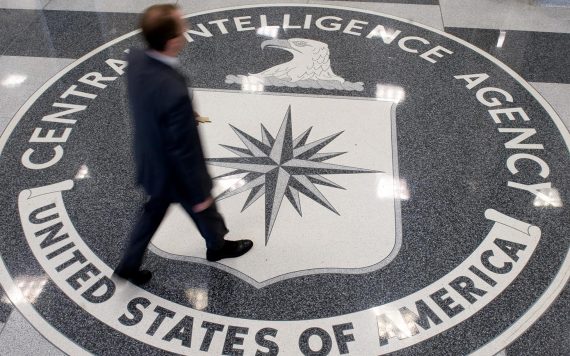

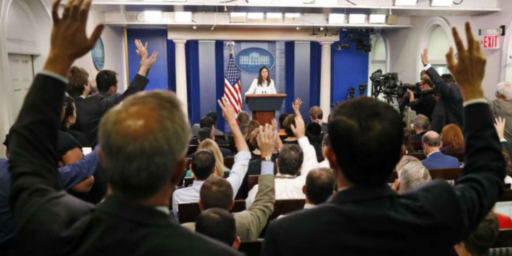
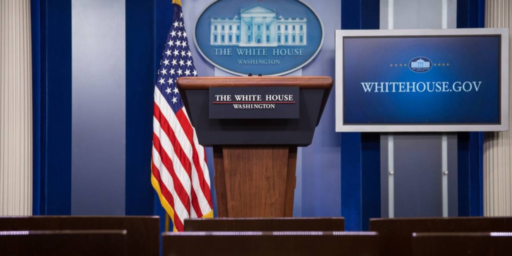
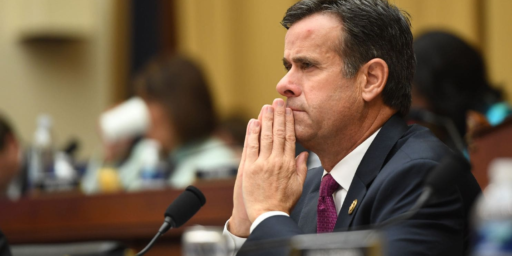
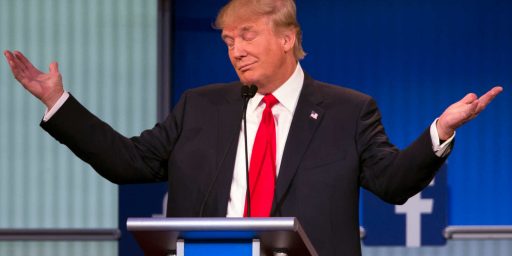

Intelligence community has deeper concerns than PDB vs not PDB:
https://www.c-span.org/video/?c4639007/trump-vs-intelligence-community
I think I’d be more comfortable with the delegation if I felt that Trump generally had a handle on things and was possessed with sufficient humility to know what he doesn’t know. That, I believe, would be true for Carter, but not for Trump. The potential I see here is that he will similarly delegate the decision-making, or engage in the sort of behavior we’ve seen on the campaign, namely dismissing any information that does not align with his “gut” beliefs. This man is a loose cannon with no real grounding in facts, sufficient understanding of history, and he refuses to acknowledge he isn’t the smartest, bestest,most perfectly competent person in the room.
Certainly a President should have plenty of options to structure his information intake according to his specific leadership and management styles.
If one completely ignores all the context of Trump, then yeah, maybe not that big a deal. Unfortunately for America, we can’t.
@James:
This is the key. I interpret Trump’s response as evidence of him being not engaged.
I’m not concerned because, as the minority president-elect himself said on Fox News Sunday a week ago, “You know, I’m, like, a smart person.”
Now, how much like a smart person he is I’m not sure, but I’m guessing he’s smart enough to surround himself with people who understand this – you know, like Steve Bannon, or Donald Trump Jr.
They need to set up a classified twitter feed where they get him to engage by having perceived enemies feed him the relevant facts.
@Mikey: @Steven L. Taylor: Quite right. Then again, someone with that mindset isn’t going to learn much from the PDB, anyway.